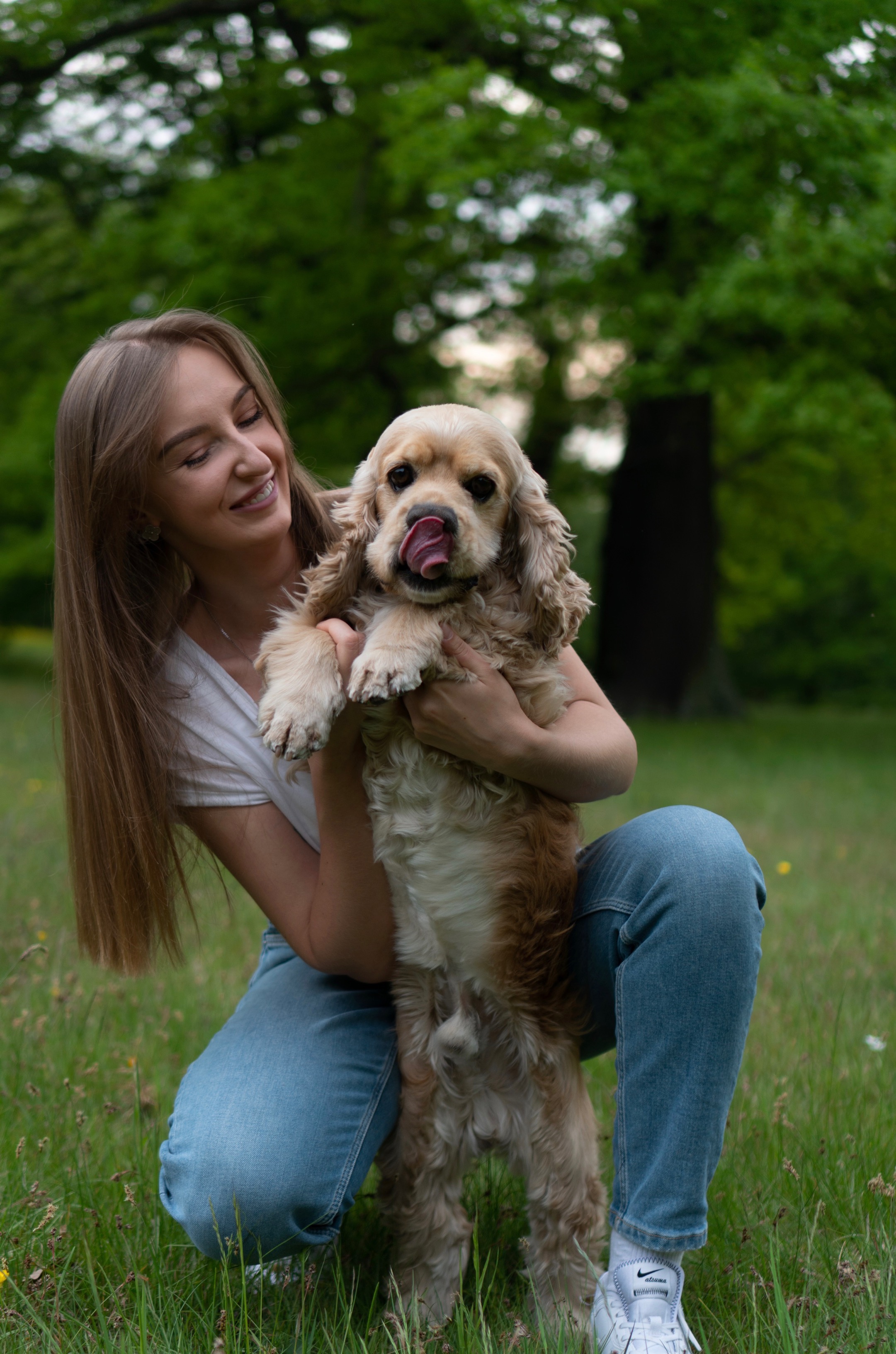With Russia’s invasion of Ukraine passing its first anniversary, returning home in the near or longer-term is something Daria Siemieriei finds difficult to contemplate.
“On one side I want to go, on the other I’m not sure if I’m ready,” says Daria, who is a Development Officer at Gonville & Caius College.
Daria cannot consider what the future holds following the February 2022 invasion under the instructions of Russia President Vladimir Putin.
“At some point you lose the feeling of a future. You just are in the present,” she says.
“I think it’s a psychological reaction to protect you. You become very neutral. You don’t have feelings at all, not happiness, not sadness and no sense of future. You lose this perception of the future.”
Aged 29, Daria did not expect to be living in Cambridge. She had the bright optimism of youth before. She has travelled, including living in Thailand, and studied at the National University in Kyiv.
For Daria and millions of others who call eastern Ukraine home, they have endured the reality of war since 2014, when Russia annexed Crimea from Ukraine. It was eight more years before a full-scale invasion, when Daria was at home in the eastern Ukraine city of Kramatorsk.
With Russian forces lining up along the border weeks prior to crossing, she had sleepless nights, awakening in alarm at noises made in the nearby factories.
“On the night of February 23, my friend sent me messages saying tanks were going towards Mariupol. He said ‘it will start tonight’,” she says.
“At 4am the bombs started and my friends from different parts of Ukraine – in Kyiv, Odesa, Kharkiv – were messaging me, asking ‘how are you?’
“I replied to say it had started and they replied ‘here it’s the same’. I was shocked as till the last moment I refused to believe the full-scale invasion of Ukraine would start.
“You don’t understand what for… you cannot logically explain to yourself that it’s really happening.
“And wondering about how Russia has violated all the international agreements and manipulated the facts. But international legislation and bureaucracy are way too slow to act and react.”
For Daria it led to a deterioration in her mental health, after the death of her father and grandfather within weeks in late 2021.
She was living alone when the invasion began, her mother having moved to Germany previously.
Daria had returned to eastern Ukraine after completing her undergraduate studies. She began her career, had a spell in Thailand, and then combined a job working on the development of social and healthcare services in remote areas with her part-time masters.
Following the invasion, she left Kramatorsk for central Ukraine to stay with her grandmother. She tried to leave Ukraine three times, each time turning back.
At this time she was working with an international company based in Germany. Her manager was of Ukrainian descent and advised her to leave.
She left for Poland in May 2022, taking her five-year-old cocker spaniel, Venia, with her and initially staying in a hotel. She subsequently moved on to Dresden in Germany to live with friends.
She says: “The mum of my friend in Dresden is originally from England. We would always go for a walk and talk. She suggested I go to therapy or have some medicine. She understood better than me what I needed.”
Daria made the decision to move to the UK because of her fluency in English, finding sponsorship from a family of four in Bar Hill.
The journey over land and sea was filled with interactions with people of all generations, from new born babies to elderly people, who had lost everything.
Daria considered herself lucky, arriving at Newhaven in Sussex on the day Ukraine won Eurovision. The next day, walking to the supermarket in Bar Hill, she was warmly welcomed.
“I met some of my host family’s friends,” she says.
“Everyone mentioned that Ukraine won Eurovision! People were so happy Ukraine won ahead of the UK.
“There were a lot of Ukrainian flags in the village. People were happy to see me. That was very heartwarming.”
She began working at Caius in August and is combining her full-time job with writing her masters thesis. The future can wait as Daria lives in the present.
She says: “Now I’m here, safe and all fine. People stayed in Ukraine. Still I don’t know if it was the right decision or not to leave.”


